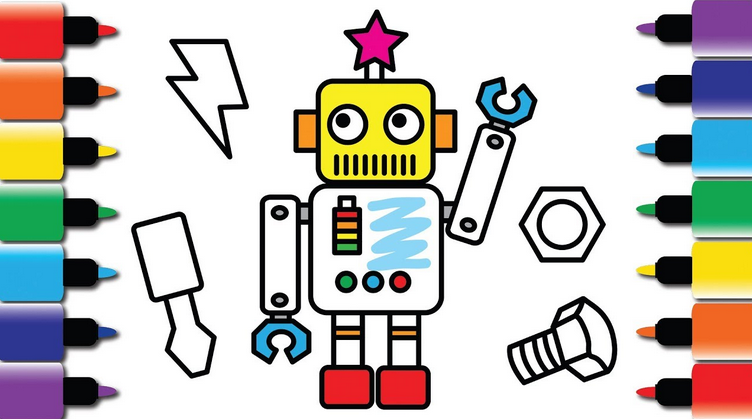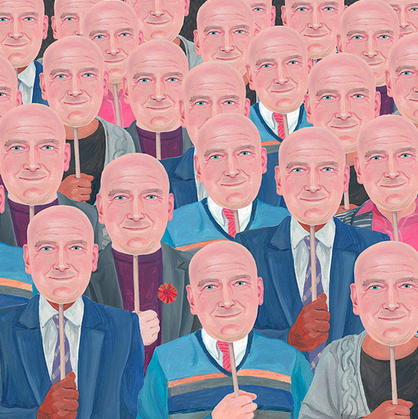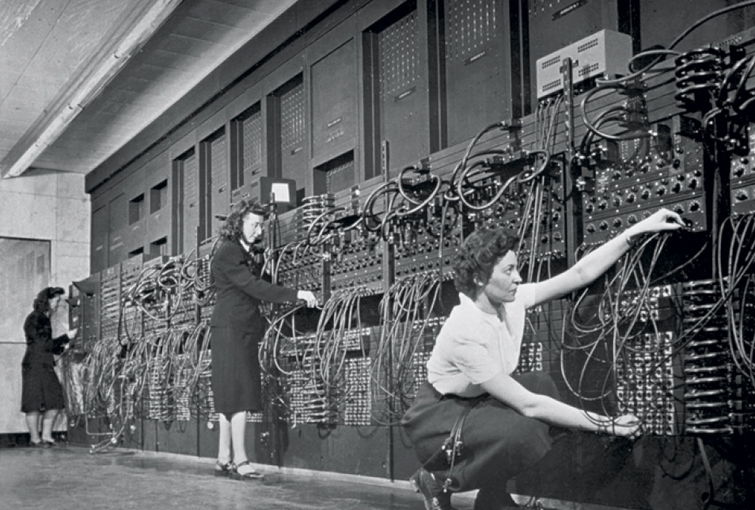By Inès Mezerreg


Do I really fit in? How representation restricts our thinking:
I’ve been lucky enough in my life to have had the opportunity to flourish personally and intellectually in the fields I was passionate about. I didn’t take my gender into consideration in my choices or the limits I’ve set to myself. However, when entering prestigious engineering studies in a highly predominant male environment (about 84% of male students), I began unconsciously questioning myself.
Close your eyes for a moment, and imagine a computer scientist.
Did you picture a young man with glasses and a sweatshirt on, or something close? I cannot blame you because I did too. How computer scientists are portrayed in our society (for example in pop culture) and how we envision the environment where they evolve shape and restrict our thinking. This creates a vicious circle where someone from a minority will feel uncomfortable breaking into an unbalanced environment. This hence exacerbates the existing dis-symmetry. When those norms are engraved in our unconscious, we naturally abide by them. This is why my friend from elementary school drew a princess and was a little surprised by my robot. When we’re conscious they exist, challenging the status quo requires extra effort.
So why are there so few women in STEM and what can we do?
I have to be humble and say that I don’t know for sure. I believe none of us really knows. I can, however, speak from my experience. In addition to all the reasons I mentioned above, I believe this dynamic is governed by power struggles. Did you know that the first computer scientists in the 1940s were all women? This was an underpaid and undervalued job, way before the computer revolution. The least we can say is that time has changed! In fact, it is not about the field in itself, but the impact it has on society. Once we realize its potential, we witness a pattern of women being excluded from exercising power.
Inès Mezerreg: What it’s really like to be a woman in STEM was originally published in Berkeley Master of Engineering on Medium, where people are continuing the conversation by highlighting and responding to this story.




